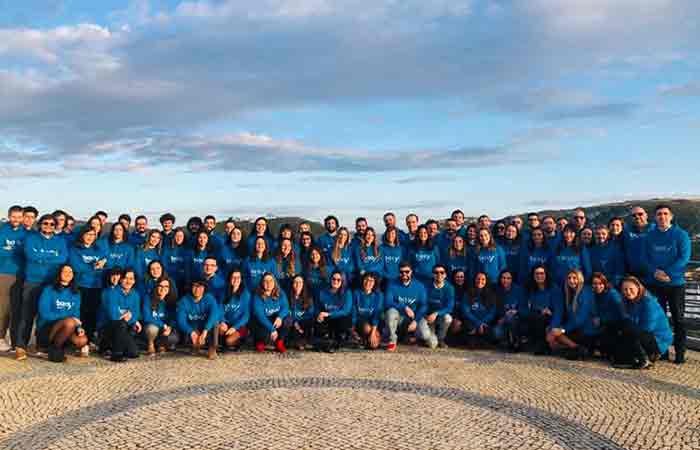 Bizay, a global operating system for product customisation, always takes each employee’s individual needs into account when presenting its total reward package, which it built in order to better fit the needs of each member of its workforce.
Bizay, a global operating system for product customisation, always takes each employee’s individual needs into account when presenting its total reward package, which it built in order to better fit the needs of each member of its workforce.
The organisation, which operates across Europe, South and North America and employs 180 workers of a variety of nationalities, engages its staff with its total reward offering by prioritising a culture of feedback. For example, it implemented a four-day working week policy back in October and it will monitor the impact of this on a quarterly basis, which will allow it to analyse the effects of the approach within a wider business context.
Insights will demonstrate how the move affects the organisation and employees in terms of wellbeing, employee satisfaction, productivity, talent retention and attraction, says José Salgado, co-founder and chief growth officer of Bizay. “These metrics will be published quarterly in the form of a detailed and transparent report and will enable our workforce, and indeed other businesses, to assess its overall impact,” he says.
In presenting its total reward offering, Bizay focuses on highlighting the components that employees care about the most, and understands that there is no one-size-fits-all approach.
“Taking as an example the recent four-day working week, we have first done very comprehensive work on all the impacts and all the tools that the employees needed,” says Salgado. “Then, we announced it to the team on our business all-hands meeting. Finally, we announced it to the market, boosting our employees’ awareness and reinforcing the value of our workforce.”
Bizay offers its Portuguese employees, which make up the majority of its workforce, childcare expenses in the form of a voucher, entitling them to have the expenses of their children up to the the age of seven completely covered. Alongside this, it provides health and wellbeing support, including an employee assistance programme, a pension fund, and private medical and dental insurance, which are available to all employees regardless of their nationality.
It also places high priority on employees’ work-life balance, as highlighted with the introduction of its four-day week trial. Due to last for an initial two-year period, staff will work 36 hours a week. This will be a 17% reduction of working days per year to 186 days and a 7% decrease in working hours to 1,672 hours.
The organisation also decided to move to a 100% remote working model last September in order to demonstrate its commitment to employee wellbeing. The organisation believes the benefits of both policies will lead to supercharged employee productivity, wellbeing and happiness without compromising on productivity or business goals, explains Salgado.